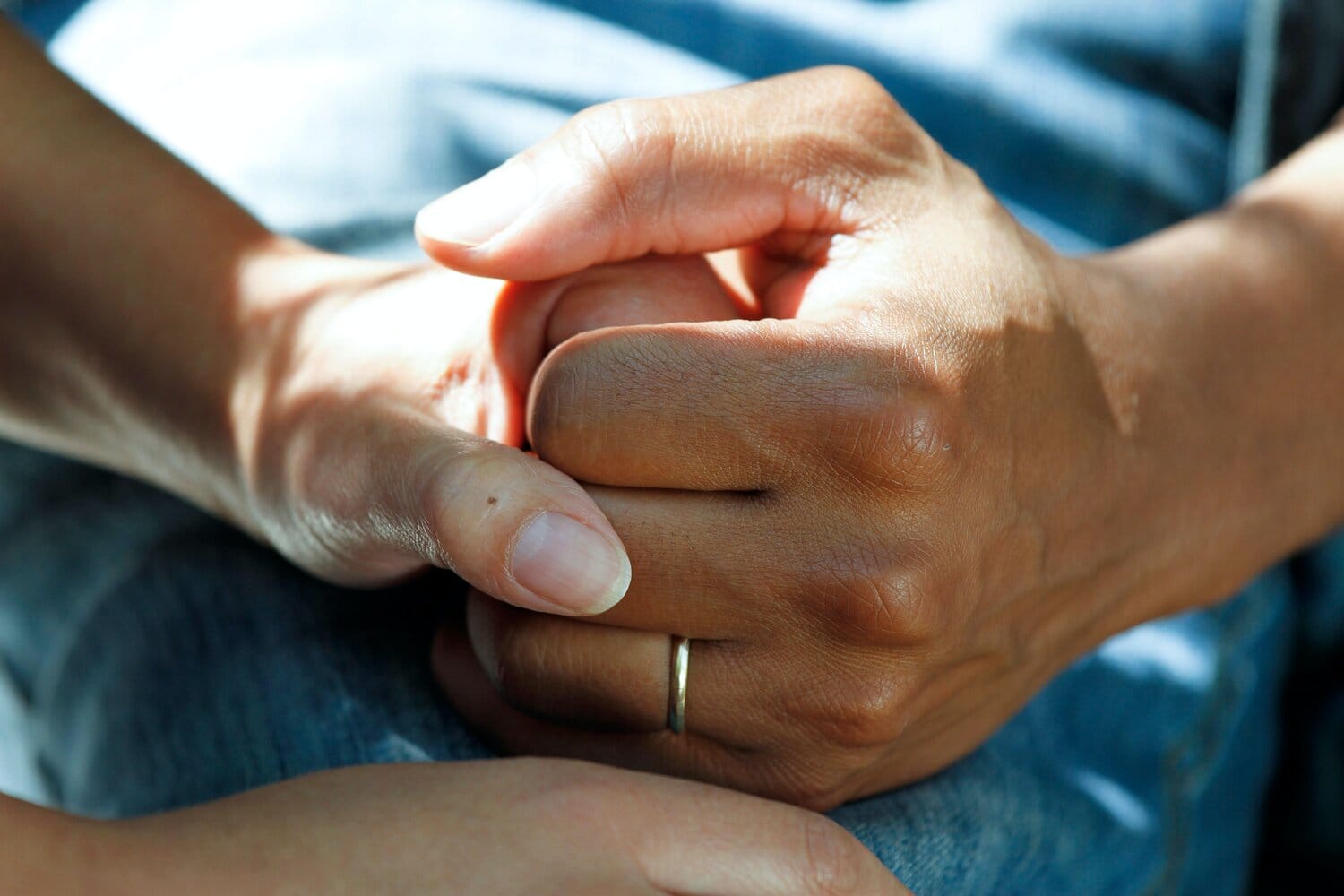Accepting My Diagnosis
Despite Livia’s denial of her mental-health conditions, treatment and reaching out to others have helped her come to terms with her diagnosis. Livia now accepts that her mental illness does not define her.

Story
My culture and childhood has greatly influenced my mental health. I am adopted, and I have no clue who my biological parents are. My family and friends are supportive and caring. I was malnourished, which may have contributed to my mental-health conditions.
I do not remember exactly when my symptoms started appearing. They began in my teens and eventually dominated my life over the years.
My denial was rooted in the stigma attached to mental health.
While my family indicated that I was experiencing symptoms, I usually ignored them. My denial was rooted in the stigma attached to mental health. I believed I was crazy when I was not and that I belonged in a psychiatric hospital though I was stable.

Despite my family helping me become aware of my symptoms, no one understands how I attempt to hide my symptoms in public. While my symptoms are obvious to my loved ones, they are nuanced to acquaintances and friends. I analyze every scenario and situation, which leads to persecutory paranoia without delusions and hallucinations.
My denial prevented me from seeking treatment. My primary-care physician referred me to behavioral health services several times, and I eventually agreed treatment would be beneficial for me. I received a diagnosis from my therapist and psychiatrist in the spring of 2020 and the fall of 2020, respectively. For me, receiving a diagnosis has been a blessing and a curse. While I am able to attach names to my symptoms, I constantly remind myself the diagnosis is used for health insurance. Due to the Covid-19 restrictions, I currently receive telemedicine treatment. I look forward to visiting my therapist and psychiatrist in the clinic when the coronavirus is under control.
While medication management is the most stressful component of my treatment, persistence and advocating for myself have been essential.
I was extremely hesitant about starting medication, as I worried about the long-term use, side effects, and trial-and-error game to find the right medication; however, my psychiatrist reassured and comforted me. I consistently communicate with my medical providers via the electronic health portal when I have concerns. While medication management is the most stressful component of my treatment, persistence and advocating for myself have been essential.

At one point I believed I was failing treatment. My progress was slow, and I saw little improvement, even with medication. I always look forward to therapy, as it provides a safe space to vent. I sometimes disagree with my psychiatrist; however, she prescribes medication based on research to improve symptoms. I am grateful for my therapist and psychiatrist who validate me.
While attending therapy and taking my medication, I remind myself I am not crazy and that my diagnosis does not define me. I consistently pray to Jesus Christ to guide me along this difficult, rewarding journey. I constantly ask, “Why me?”, and no one answers – not even God.
As I’ve learned to accept my mental health conditions, advocacy reminds me I am not alone in my struggles. Reaching out to people is difficult when I am an introvert, but thanks to social media and Zoom meetings, I’ve been able to open up to brilliant people. Thank you to all my acquaintances for accepting me into your circles.
About the contributor
Livia Peterson is a writer residing in Wisconsin. She enjoys bonding with her family and friends.